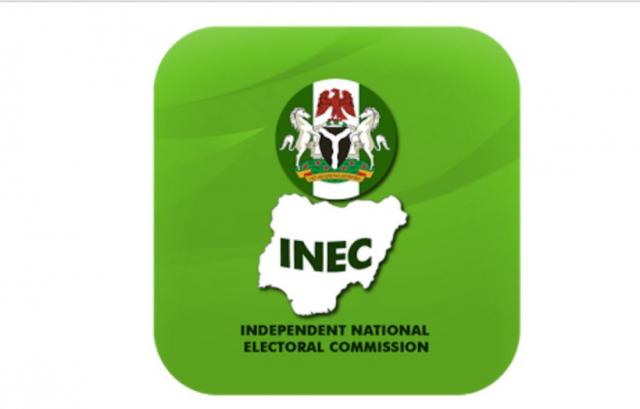As Edo State gears up for the governorship election on 21st September, the Independent National Electoral Commission (INEC) has reassured stakeholders of its comprehensive preparedness to conduct a free, fair, and credible election.
This commitment was emphasised by the Chairman of the Commission, Professor Mahmood Yakubu, during a stakeholders’ meeting held in Benin City.
Addressing representatives of political parties, candidates, accredited observers, media personnel, and other key stakeholders, Professor Yakubu called for collaboration to ensure the smooth conduct of the election.

Professor Yakubu outlined that such stakeholder meetings are a standard procedure convened on the eve of major off-cycle elections.
Typically, these sessions are jointly led by the INEC Chairman and the Inspector-General of Police, highlighting the critical partnership between electoral and security agencies in managing election logistics and security.
The INEC Chairman explained, “The purpose of this meeting is to interact with political parties, candidates, accredited observers, the media, and other stakeholders regarding our preparations for the election.
In particular, the Inspector-General of Police will address us on security measures, while I will focus on electoral readiness. Together, we will respond to any issues or concerns that you may wish to raise.”
Reflecting on the commission’s extensive preparations, Professor Yakubu noted that INEC’s active planning for the Edo governorship election began as early as the previous year.
The planning process was launched with the release of the election timetable and a detailed schedule of activities, adhering strictly to legal requirements.
Out of the 13 statutory activities outlined for the election, including the publication of the notice of election and the final election day, 11 have already been successfully completed, signalling INEC’s robust and methodical approach to managing the electoral process.
A key element of INEC’s preparations has been the completion of the Continuous Voter Registration (CVR) exercise in Edo State, which has significantly boosted the voter base.
Professor Yakubu disclosed that following the CVR exercise, a total of 184,438 Permanent Voter Cards (PVCs) were delivered to the state.
This figure includes 119,206 newly registered voters, as well as 65,232 applications for transfers within and into Edo State, alongside requests for reprinting or replacing lost or damaged cards.
These figures highlight INEC’s commitment to inclusivity and ensuring that all eligible voters are equipped to participate in the upcoming election.
As of the latest update, Edo State now boasts a total of 2,629,025 registered voters, reflecting a diverse and engaged electorate ready to exercise their democratic rights.
Professor Yakubu emphasised that INEC is committed to ensuring that every registered voter has the opportunity to vote, with the commission making provisions to address any logistical or operational challenges that may arise on election day.
The meeting also served as a platform for stakeholders to raise concerns and seek clarifications on various aspects of the electoral process.
Among the issues discussed were the distribution of election materials, the readiness of polling units, and measures to prevent electoral malpractices.
Stakeholders were particularly interested in understanding the security arrangements being put in place to safeguard voters, election officials, and materials throughout the election period.
In response, Professor Yakubu assured stakeholders that INEC has worked closely with security agencies to develop a comprehensive security plan aimed at mitigating risks and ensuring a safe environment for all participants.
He acknowledged that security is a critical component of the electoral process and that the commission is committed to upholding the integrity of the election by preventing any form of intimidation or violence.
“The Inspector-General of Police will detail the specific security arrangements during this meeting, and together, we will ensure that every vote counts and that the election is conducted in a peaceful and orderly manner,” Yakubu added.
Furthermore, INEC has put in place measures to enhance the transparency and credibility of the election.
This includes the deployment of technology to facilitate real-time transmission of results and ensure that the process is both efficient and verifiable.
Professor Yakubu highlighted that these technological enhancements are part of INEC’s broader strategy to modernise Nigeria’s electoral processes and build public confidence in the integrity of the results.
As Edo State prepares for the governorship election, INEC’s assurances and detailed plans provide a roadmap for stakeholders and voters alike.
The commission’s commitment to a credible electoral process is evident in its thorough preparations and proactive engagement with stakeholders.
By fostering an environment of cooperation and transparency, INEC aims to deliver an election that reflects the will of the people of Edo State.
The commission’s message is clear: with collaborative efforts from all parties involved, the 21st September election can set a positive example of democratic practice in Nigeria.
Support InfoStride News' Credible Journalism: Only credible journalism can guarantee a fair, accountable and transparent society, including democracy and government. It involves a lot of efforts and money. We need your support. Click here to Donate
